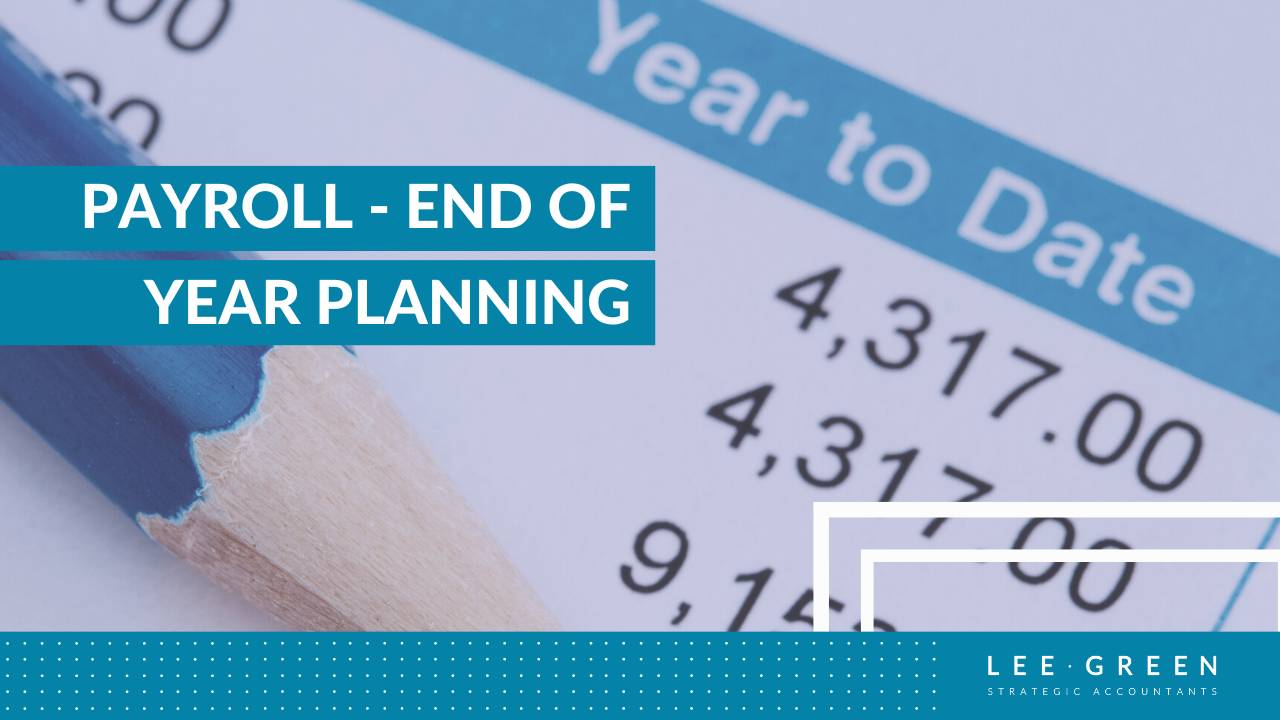
End of financial year is always a busy time for business owners and payroll obligations can be time consuming. Though there are still a few months to go, we’ve put together some helpful tips on what you can do now to make the payroll end of year process smoother and more efficient.
Enrol in STP phase 2
Unless your payroll Digital Service Provider (DSP) still has a deferral in place, you should already be reporting each pay event to the Australian Taxation Office (ATO) under the second phase of Single Touch Payroll.
If you have not yet enrolled, there will be a process to follow to update your payroll records to be compliant with STP2 reporting. As STP2 includes more granular reporting of pay items, leave and allowances, these items may need to be updated in your payroll system to include a category for reporting to the ATO.
Please contact us if you need assistance transitioning to the second phase of Single Touch Payroll.
Ensure employee details are up to date
Employee information such as Name, date of birth and Tax File Number is used by the ATO to confirm your employees identity and match the details in an STP report to the correct ATO taxpayer record. To be sure that the information matches, check with your employees that all of their personal details including address and postcode are correct and up to date.
Check your payroll accounts
At end of financial year, you will need to reconcile your payroll data to the general ledger accounts before finalising it and lodging to the ATO. But regularly checking your payroll accounts throughout the year is a good habit to get into. By looking out for any non payroll transactions or variances, you can resolve any issues as you go and make the end of financial year process smoother.
Little things such as checking the balance of your payable accounts for wages, super and PAYG reconcile after each payment can make a big difference to the time needed to finalise at end of financial year.
Be aware of your obligations and put processes in place to meet them
Are you aware of all of your payroll obligations?
Things to consider are lodging and paying Activity Statements in a timely manner, paying Super Guarantee Contributions to the funds by the due dates, Workers Compensation insurance and Payroll Tax.
If you have employees employed under an award, there may be a pay rate increase to be aware of. Often these updates happen at the start of financial year but they can occur at other times during the year. Some award levels increase after an employee has been the previous level for a certain period of time. There are a range of payroll software solutions available that can link directly to the awards and process or flag any possible updates for you, please get in touch with us if you would like some assistance in choosing payroll software.
If you are responsible for processing payroll for your business, do you have a back up or delegate in place if needed? No one wants to process payroll while they’re on holiday!
Start planning for next year
It’s never too early to plan ahead! Consider your current staffing levels and your business plan for the next financial year and beyond. You may ask yourself some of the following questions:
- Do you have plans to expand?
- Will you need to recruit?
- Are there any tasks that could be outsourced, streamlined or automated?
- Do you have a succession plan in place for the future?
For more information on planning and goal setting, you can see Tom Green’s recent article here.
Finally, you should be aware of the upcoming Super Guarantee rate increases and factor them into your payroll budget.
|
Period |
General super guarantee (%) |
|
1 July 2023 – 30 June 2024 |
11.00 |
|
1 July 2024 – 30 June 2025 |
11.50 |
|
1 July 2025 onwards |
12.00 |
Payroll can be a complex area so please reach out to one of our payroll experts if you need assistance with any of the above.
The information provided in this article is general in nature and does not take into account any person or entity's particular financial situation or needs. Please contact us for advice specific to your circumstances.
This information is current at the time of publication and further updates may have occurred since that date.








